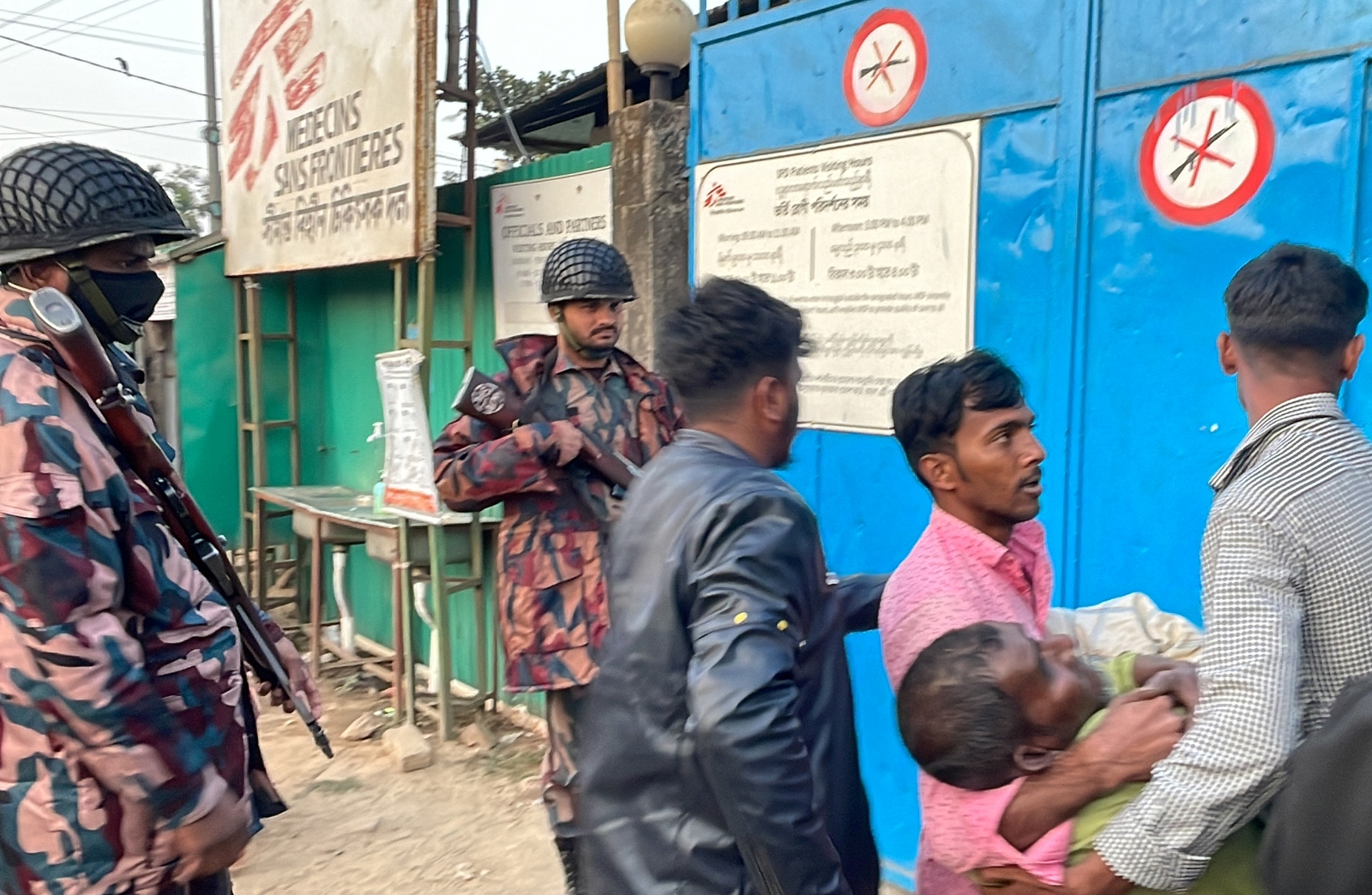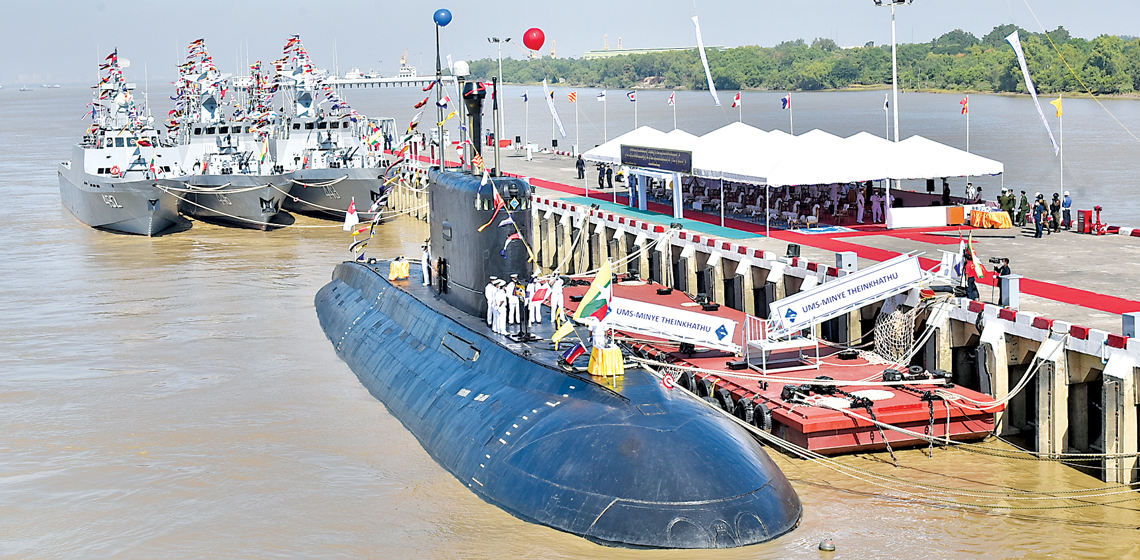India is planning to lay nearly 7,000 kilometres of gas pipelines linking West Bengal and many of its northeastern states with Bangladesh and Myanmar, media reports said last week.
The “ambitious” plan was outlined by the executive director of India’s state-owned Oil and Natural Gas Corporation, Mr S.C. Soni, during a visit to the Tripura capital, Agartala, on August 13, the Hindustan Times reported.
He told reporters up to 6,900 km of pipelines would link Siliguri and Durgapur in West Bengal, most northeastern states, Sittwe in Rakhine State and the Bangladesh port of Chittagong.
The pipelines project was part of India’s Hydrocarbon Vision 2030 policy to double oil and natural gas production in the northeastern states and make more effective use of the energy.
Support more independent journalism like this. Sign up to be a Frontier member.
Large quantities of gas at fields in the energy-rich northeast were being burned off because it could not be piped to consumers, Soni said.
The pipelines would enable the gas to be used productively, he said.
Soni’s comments follow an agreement signed by the Bangladesh Petroleum Corporation and the Indian Oil Corporation in April to jointly build a natural gas terminal at Chittagong.
He said Indian and Bangladeshi officials would meet in Agartala later this year to finalise plans for building the pipelines, that would carry diesel and LPG as well as natural gas.
Soni said 13 routes with a total length of 6,900 kms had been proposed for the pipelines, the Hindustan Times reported.
Demand for natural gas is rising in Bangladesh amid declining reserves, the Daily Star in Dhaka said in a report on the pipelines plan.
It said Bangladesh had 13.22 trillion cubic feet of proven and probably gas reserves. “On the other hand, Myanmar has about 10 trillion cubic feet of proven gas reserves,” the daily said.






